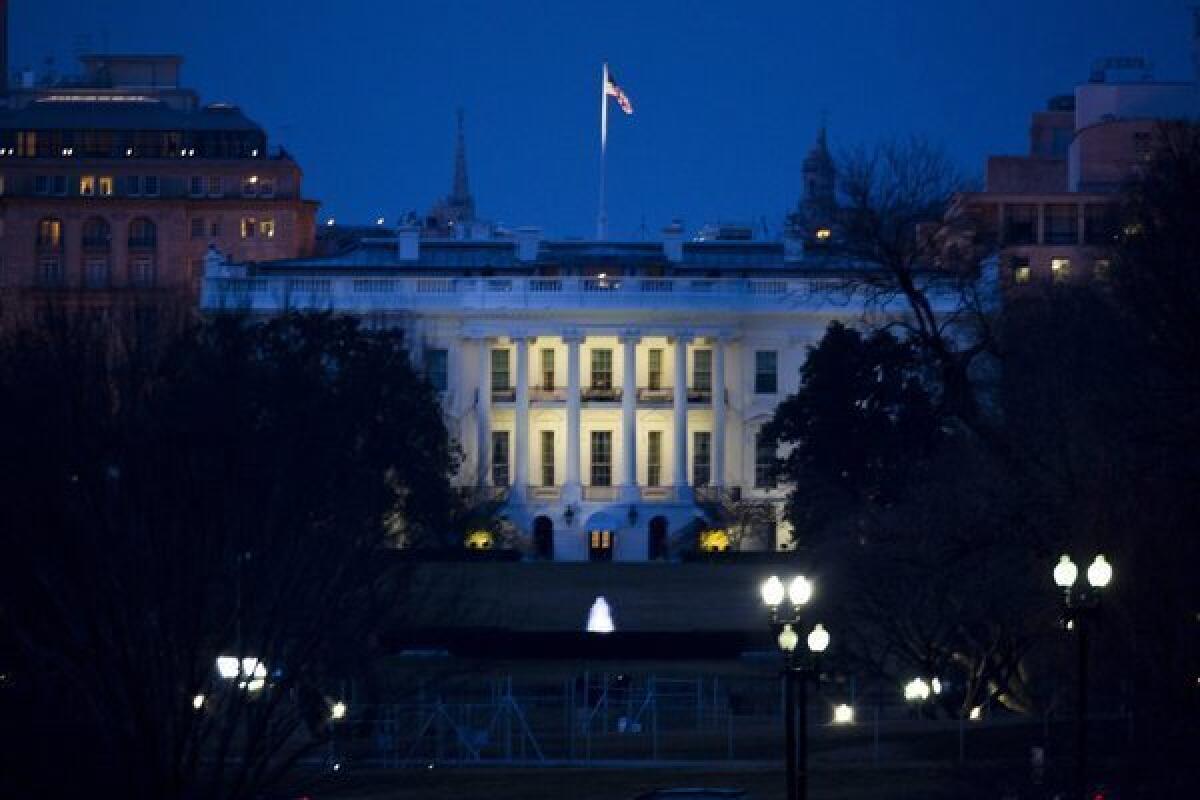White House: Consumers should be able to unlock smartphones

The White House said Monday that consumers should be able to unlock their smartphones, and that it would support legislation to make such adjustments legal.
The Obama administration said consumers deserve the flexibility to unlock their smartphones as well as their tablets, allowing consumers to use a device with a carrier other than the one they bought it from.
“It’s common sense, crucial for protecting consumer choice, and important for ensuring we continue to have the vibrant, competitive wireless market that delivers innovative products and solid service to meet consumers’ needs,” the White House said in response to a petition.
PHOTOS: Tech we want to see in 2013
Unlocking smartphones is particularly important to users who wish to sell their phones or buy used ones, the White House said.
In conjunction with the White House’s response, Julius Genachowski, the chairman of the Federal Communications Commission, said his agency is encouraging Congress to consider a legislative solution.
“From a communications policy perspective, this raises serious competition and innovation concerns, and for wireless consumers, it doesn’t pass the common-sense test,” he said in a statement. “The FCC is examining this issue, looking into whether the agency, wireless providers, or others should take action to preserve consumers’ ability to unlock their mobile phones.”
The U.S. Copyright Office of the Library of Congress, which oversees copyright laws and declined to renew an exemption to a congressional act that bans smartphone unlocking, issued a response: “We also agree with the administration that the question of locked cellphones has implications for telecommunications policy and that it would benefit from review and resolution in that context.”
Sina Khanifar, one of the people who started the petition that led to the response, said he had spoken with White House officials and was glad to hear of their support.
He said he encouraged the White House to push for amending Section 1201 of the Digital Millennium Copyright Act, which banned unlocking cellphones to protect proprietary software. The law was passed by Congress in 1998, but the Copyright Office, which reviews the act every three years, temporarily exempted unlocked phones from its provisions in 2006 and 2010.
“A lot of people reacted skeptically when I originally started the petition, with lots of comments to the effect of ‘petitions don’t do anything,’” Khanifar said. “The optimist in me is really glad to have proved them wrong.”
ALSO:
Jedi wannabe creates mind-controlled video game
Apple is looking to introduce iWatch this year, report says
Chromebook Pixel is a fine laptop, but is it worth the price? [Video]
More to Read
Inside the business of entertainment
The Wide Shot brings you news, analysis and insights on everything from streaming wars to production — and what it all means for the future.
You may occasionally receive promotional content from the Los Angeles Times.











